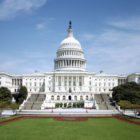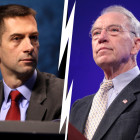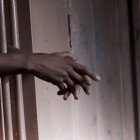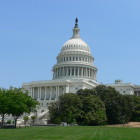
House Lawmakers Introduce JJDPA Reauthorization
|
A bipartisan group of House lawmakers introduced long-awaited legislation today that would strengthen the key federal law protecting youth in the juvenile justice system.
The Supporting Youth Opportunity and Preventing Delinquency Act (HR 5963) aims to help local and state officials better address the needs of youth by preventing their involvement with the juvenile system, protecting them in custody and helping them transition back into the community.






